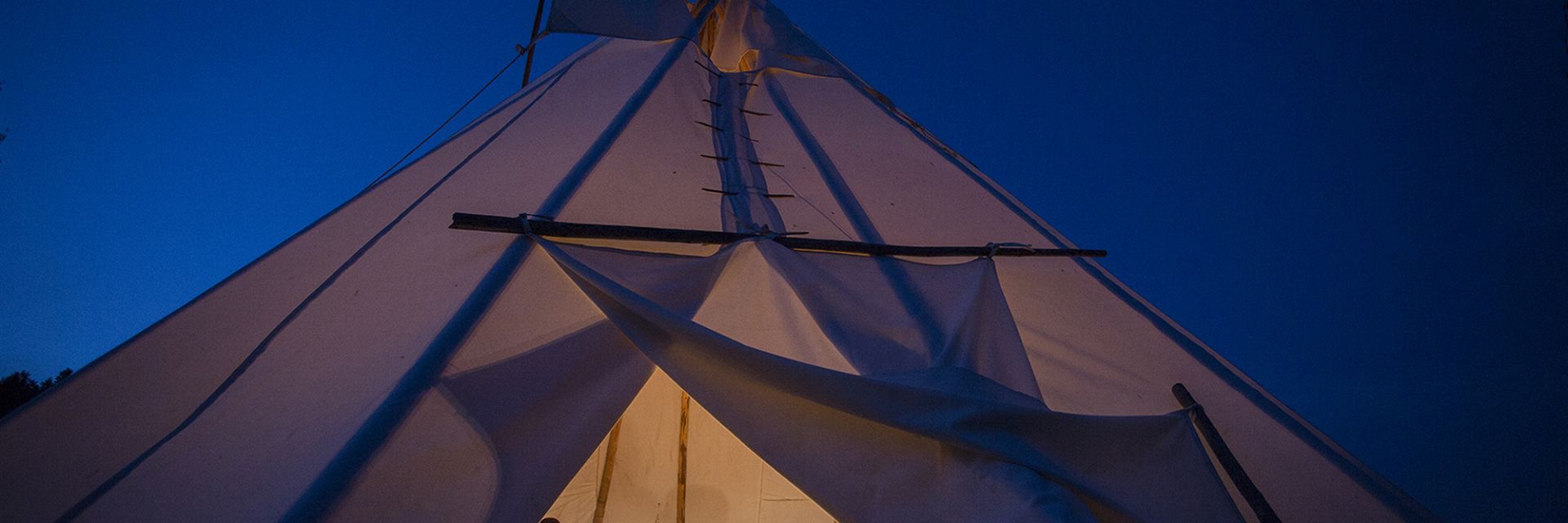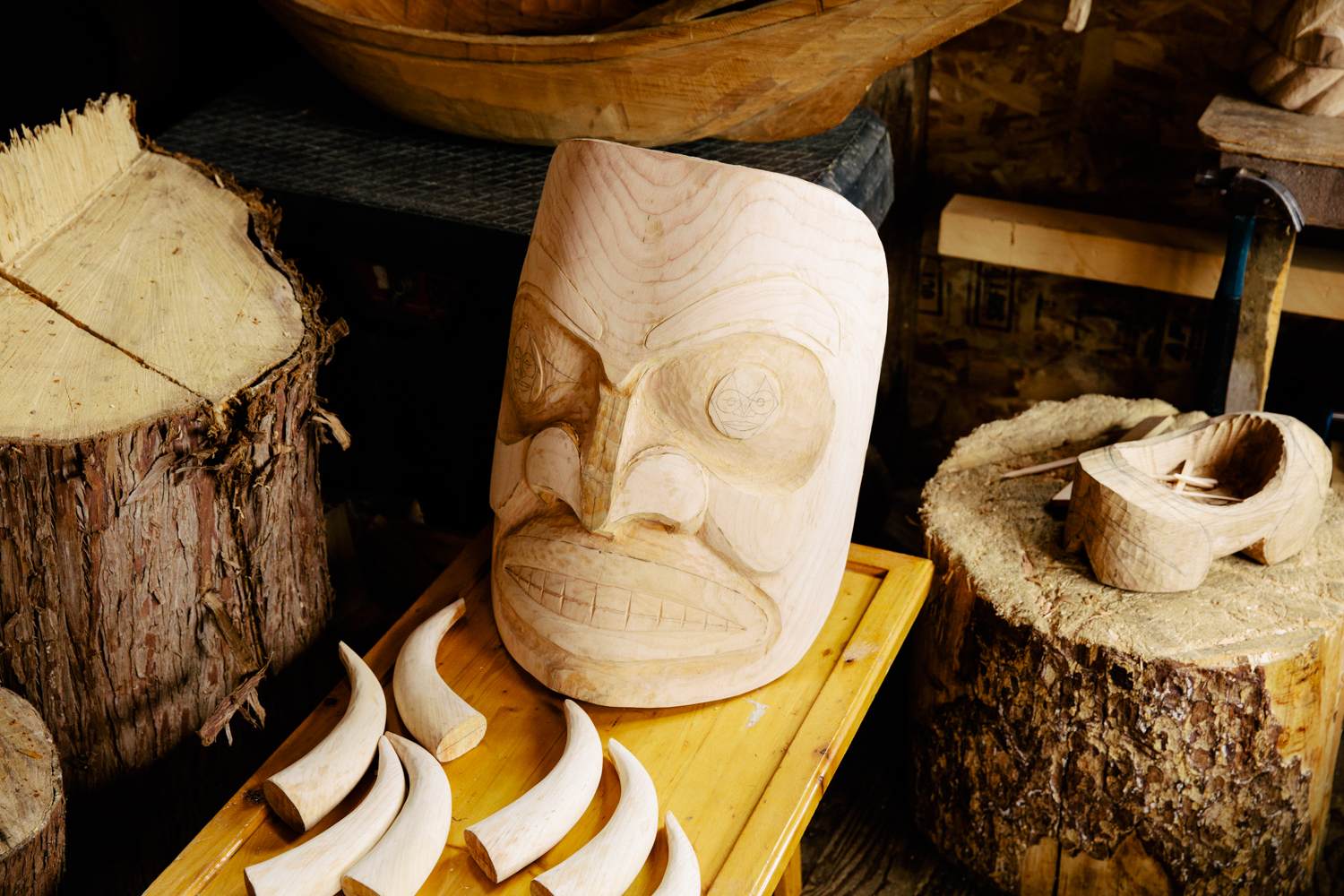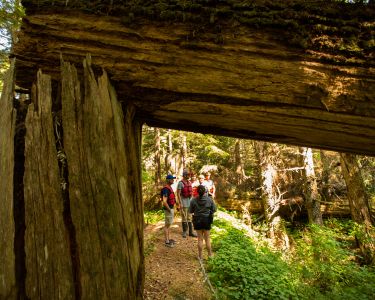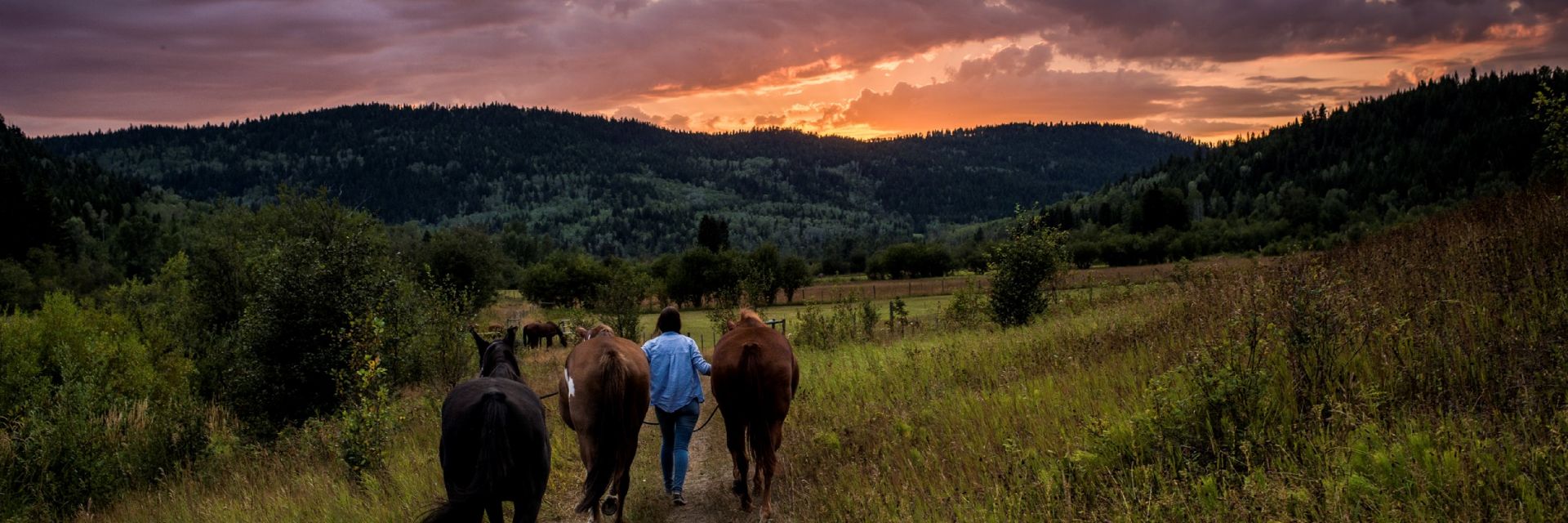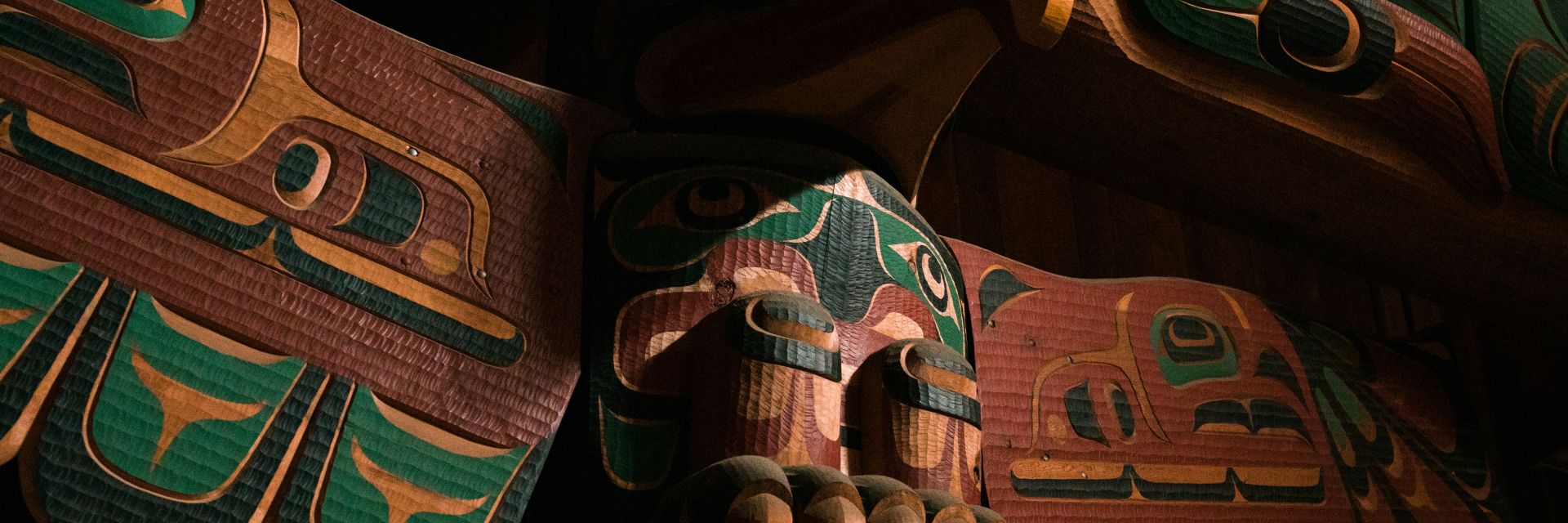Indigenous Peoples of BC
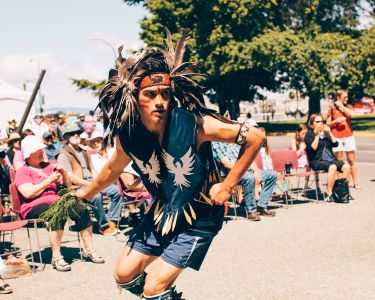
Indigenous peoples are active participants in modern business and understand these and other business realities. However, Indigenous communities will often prioritize ancient protocols and customs over western business customs. Knowing how to navigate some of these protocols based on respect may improve relationships and the experience for all involved. The concept of relationship building for trade and business has been present in BC for centuries and continues today.
Here are some tips on how you can successfully integrate into this long held tradition:
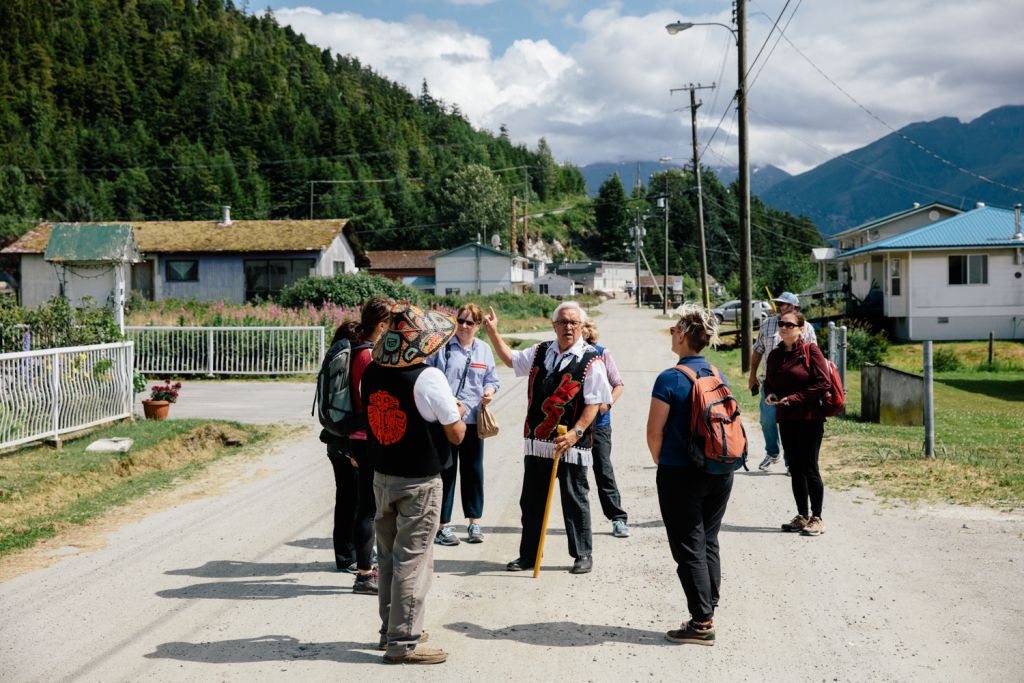
Indigenous communities incorporate traditional practices in their daily lives and place great importance on protocols, art, regalia, ceremonies, celebrations, social structures, and many other aspects of their diverse cultures. It is essential to recognize however, that Indigenous cultures are not static. Indigenous peoples are modern people and reflect that in their lives. The foundation for success when working in Indigenous communities is respect. While you may not understand the culture, protocols, or ceremonies, respect for the people and their way of life provides a better path towards understanding.
Recognition of Indigenous territories is a significant first step in building a relationship with Indigenous communities. It is essential to remember though, it is only the first step. Take it a step further, acknowledge that you are a guest on the territory and thank the host nation(s) who steward(s) it for welcoming you into their territory. Additionally, do the work to understand the history of the place and whether, like the Nisga’a, among others, it is a territory owned under a treaty requiring special permissions to access.
The wounds and repercussions of the colonization of Indigenous Peoples will take many generations to heal. Trying to identify a cause for mistrust, non-cooperation, or caution would not likely lead to an easy answer. Many negative stereotypes remain of Indigenous People– respect this and how stories featuring negative stereotypes can further harm Indigenous People by perpetuating colonial falsehoods and misrepresentations. If you encounter negative repercussions of the recent past, do your best to understand and respect the healing process and consider whether you are unknowingly reinforcing negative stereotypes.
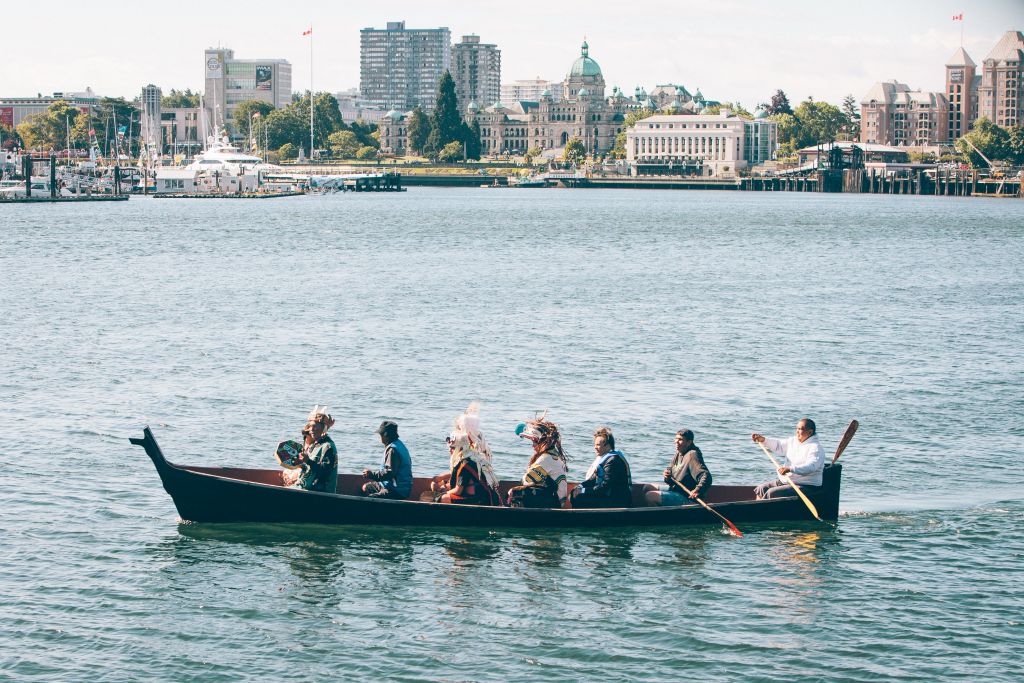
The mark of a successful partnership with Indigenous communities is one that places greater value on the relationship than on the desired business outcome. Indigenous people have built relationships for trade and politics through marriages, potlatches, powwows, and other formal gatherings for thousands of years, and this practice continues. It is important for anyone seeking positive business relationships in Indigenous communities to focus on the relationship as a whole rather than the business transaction itself.
Band councils are the elected governments of most Indigenous communities and can be a great resource within Indigenous communities to connect you with community members. However, tribal governments act alongside or instead of the band council for some Indigenous communities. Finally, there are Hereditary Chiefs, who hold titles and authorities that have been passed down for thousands of years. They are influential figures in the community who focus on the health and well-being of their people and their territories. A local guide may help navigate governance systems for permissions and participation.
Protocols are the complex social orders and procedures that must be adhered to during interactions. Protocols include manners, ceremonial procedures, familial hierarchy, host-guest responsibilities, and a long list of other functions. Entering an Indigenous community and applying knowledge from prior experiences may help, but improving your navigation within an Indigenous community requires the help of an expert. Find a guide to ask questions about protocols and community relations during your visit for your specific purpose, be it tourism experiences, interviews, or knowledge.
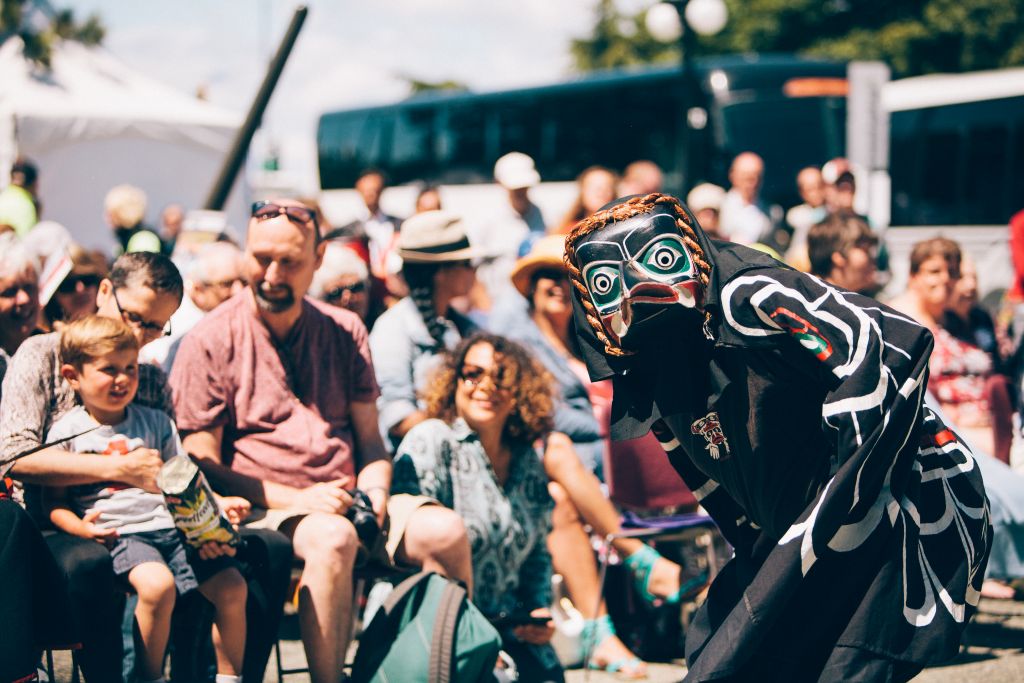
Within Indigenous cultures, reciprocity, or giving and receiving, is integral to our interactions with one another, and with the natural world. It is often appropriate to give a gift as a show of gratitude and respect for a person’s time or knowledge as it is akin to a trade and shows respect and appreciation. It provides you the opportunity to acknowledge the worth of what was received. In cases where you would generally give honoraria, it is appropriate to also offer this to community members. Keep a gift on hand for cases where an honorarium is declined. It doesn’t need to be of high monetary value–often, swag or merchandise from the organization you work for might work well.
For Indigenous communities, ceremonies and celebrations maintain and strengthen a community. Some are private, but you are welcome to ask if your attendance would be appropriate politely. Some ceremonies are available for guests to attend but do not allow photography, video, or recordings. It is crucial that you respect the request of the hosts regarding these matters. If you are uncomfortable with participating in any portion of the ceremony, politely excuse yourself from participation.
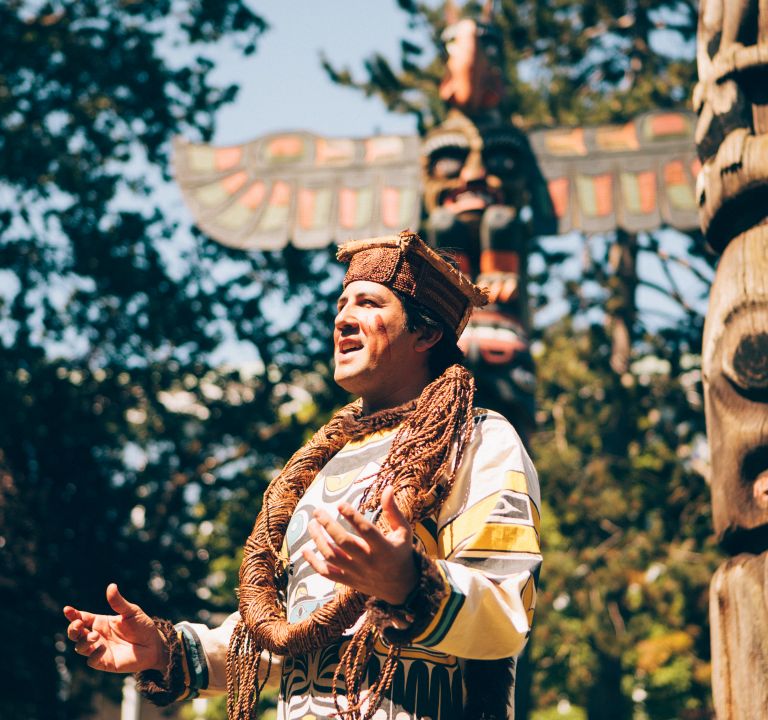
Indigenous communities can sometimes have a more relaxed attitude regarding time management at events. This view on time management is not intentional disrespect for time or guests but a deep-rooted respect for a protocol that does not allow for important processes to be rushed, including an Elder’s blessing, a chief’s speech, a youth’s learning, or a guest’s feasting. To speed these activities is viewed as deeply disrespectful to the culture. In business and media, tight deadlines are often necessary, and this philosophy on time may not fit with your current perspective, but it is essential to respect and adapt to Indigenous views when building relationships with Indigenous communities.
Indigenous Peoples recognize the value of knowledge and the need to safeguard it against distortion or improper use. The person you are speaking to may be restricted by protocol or cautious due to past experiences with sharing. You cannot take it personally if somebody gives you a negative response when you ask about interviews, event attendance, ceremony inclusion, comments, or knowledge. An aggressive approach is not likely to result in trust, knowledge, or access. Respect that a ‘no’ will not likely change to a ‘yes.’ It is probably not a good idea to continue approaching different people in search of a ‘yes.’
For further details and community specific recommendations on building relationships with Indigenous communities contact:
Samantha Rullin
Stakeholder and Marketing Coordinator
Indigenous Tourism BC
(778) 886 – 1191
[email protected]
